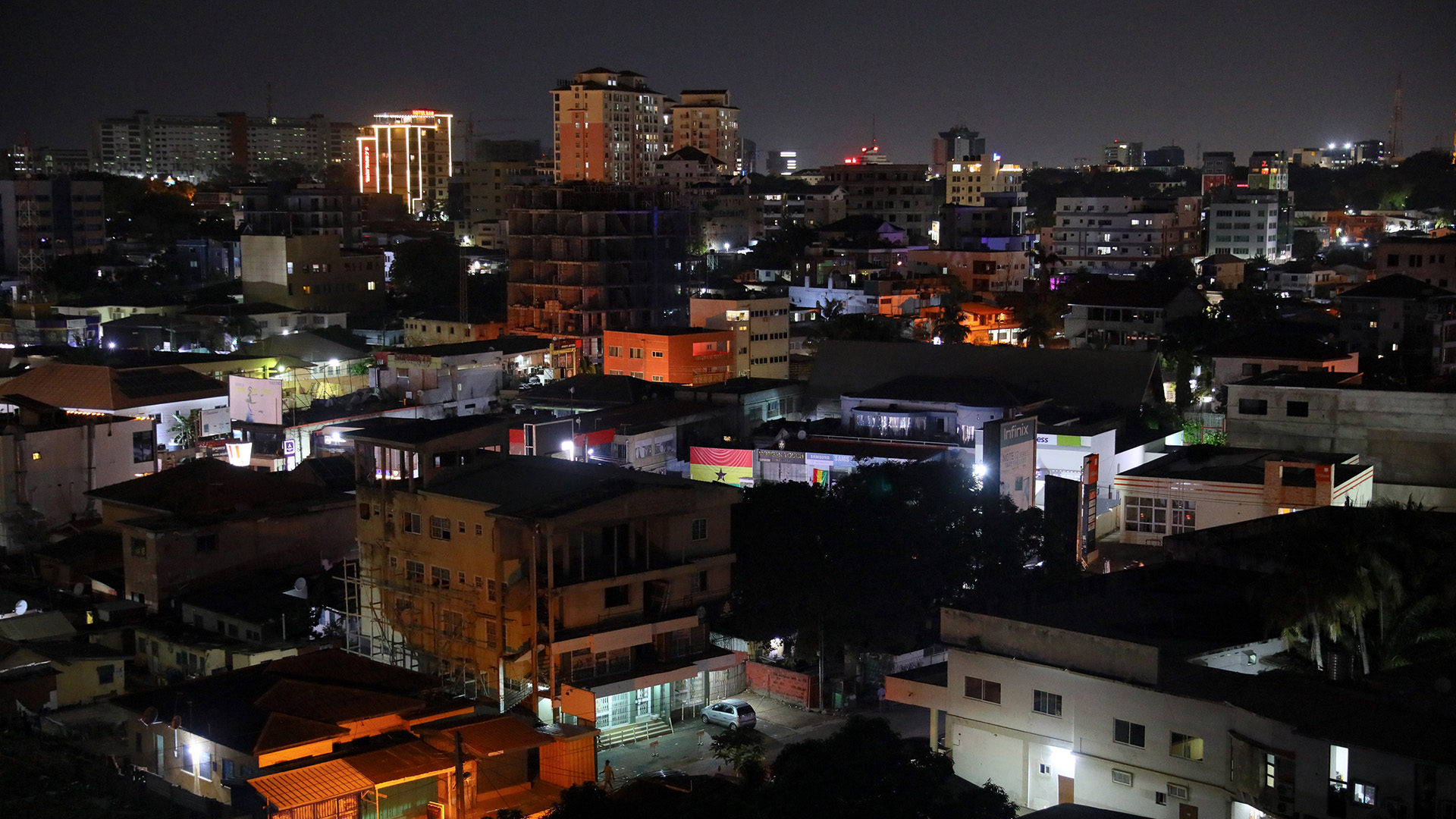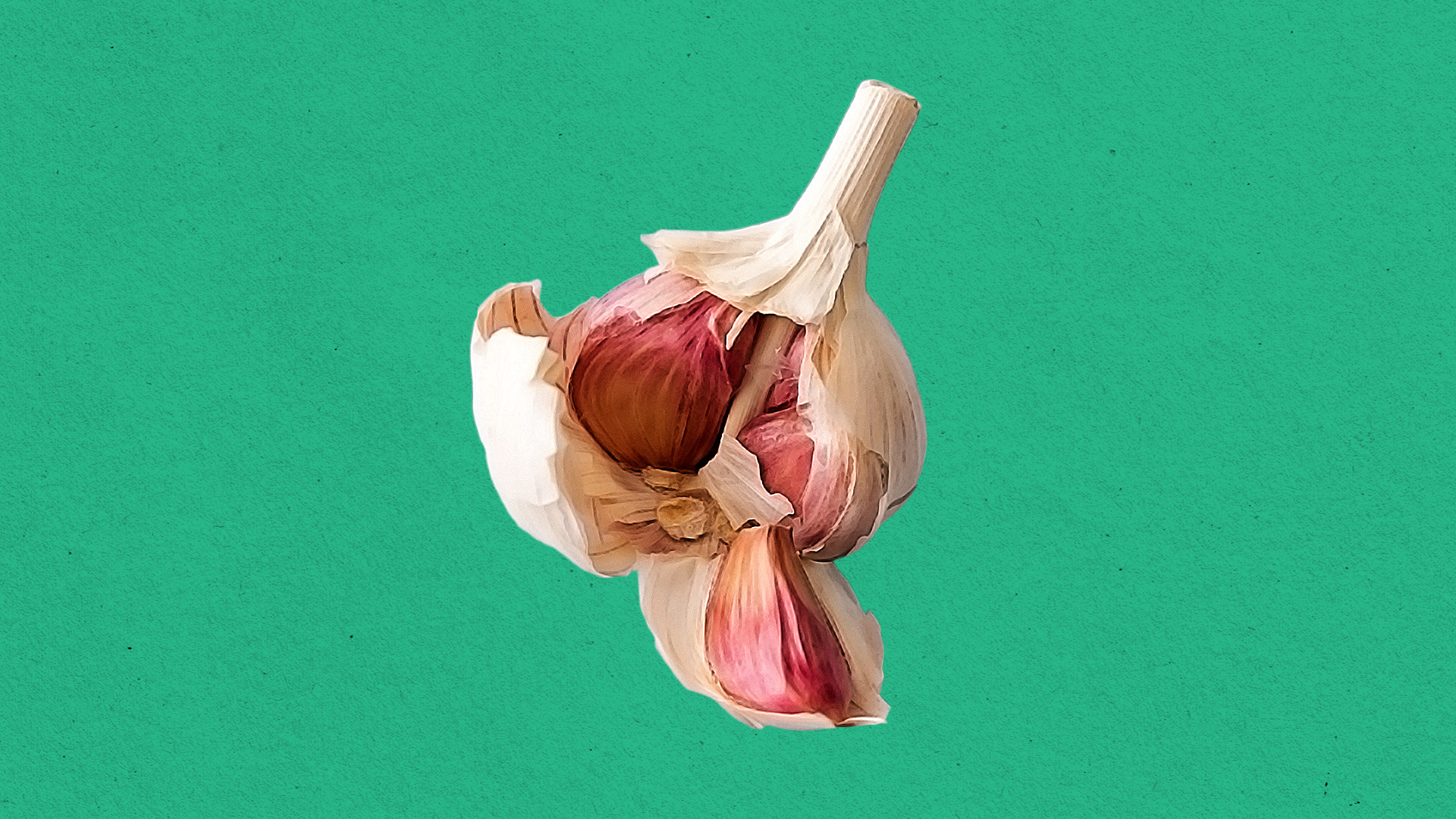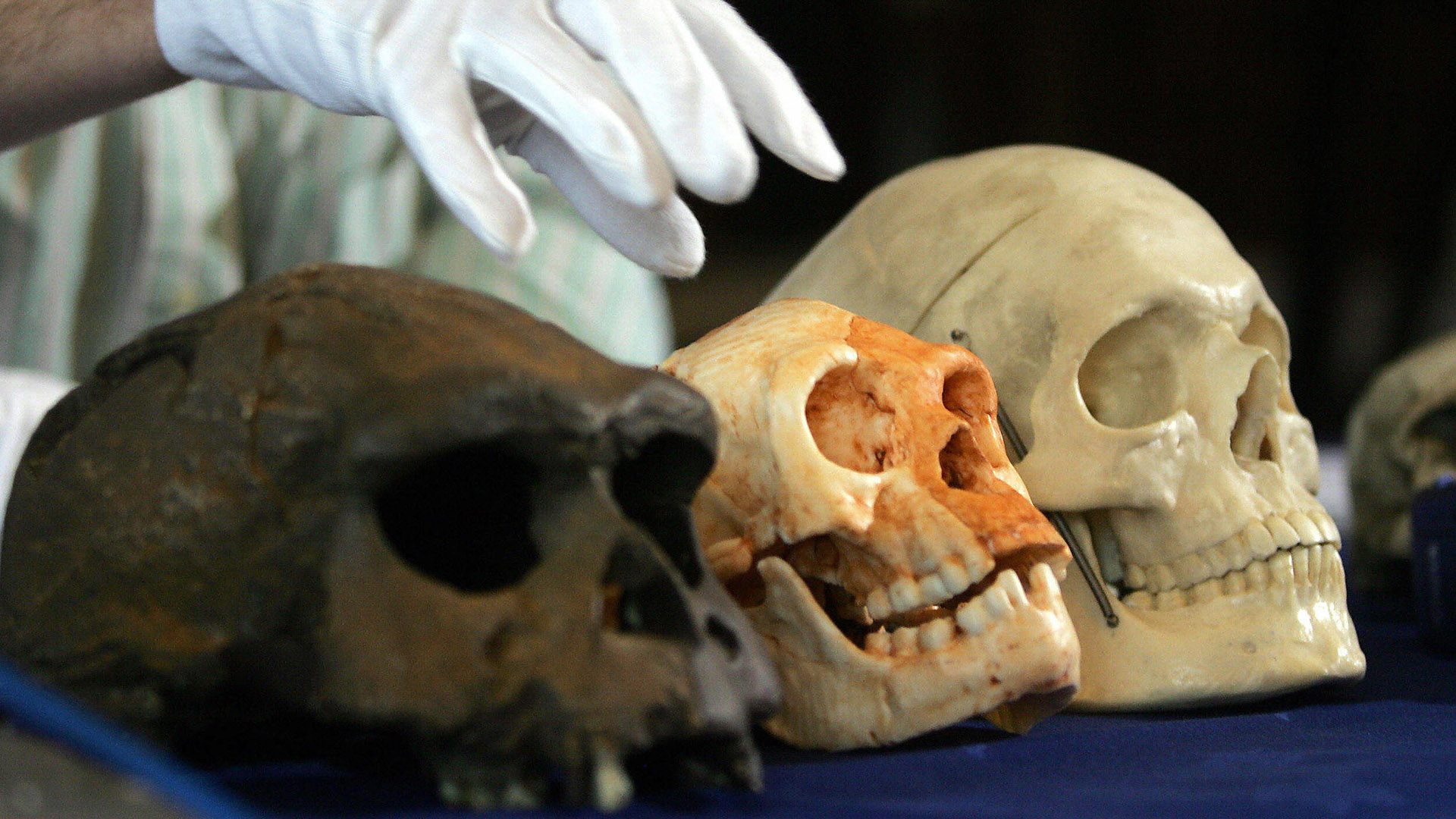|
|
|
|
We're going to take a short break from the end of August while we work on refreshing and reimagining the newsletter. The last edition in its current format will be sent on 29 August - when we return, you can look forward to a new look and inspiring stories from every corner of the world. |
 | | |
|
| | | |
|
|
 |
The 'year of return': Have people found new lives in Ghana? |
|
In 2019, the Ghanaian government marked 400 years since the first documented African slaves were taken to America by launching a campaign called the Year of Return - an invitation to people with African heritage to come to Ghana, and even start new lives there. Five years later, what have the consequences been for those who took part, and for the country itself? |
|
|
|
|
|
| | | | |
| |
|
|
|
|
 |
|
What makes garlic so special? |
|
From ancient Egyptian pyramid builders to French chefs, garlic has been prized, feared, and even used to ward off evil. Rumella Dasgupta explores its journey through history and across cultures. | | |
|
| | | | |
| |
|
|
|
|
|
 |
|
Maggie Aderin-Pocock charts the triumphs and tragedies of a colossal project that changed our relationship with outer space, as told by the people who made it happen. | |
 | | | |
|
| |
|
|
|
|
|
 |
|
Yoko Nishina is a Japanese calligrapher who turns written letters into works of art. She gives Rosa Johnston Flint an insight into the intricacies of her craft. | |
 | | | |
|
| |
|
|
 |
|
Can we use science to stop rain from falling? |
|
How much control could mankind have over when and where in the world it rains? Chhavi Sachdev investigates the science of rainfall, and to what extent the weather can be engineered. | | |
|
| | |
 |
|
'I knew that it can't have been from a human' |
|
In 2003, archaeologists on the island of Flores, in Indonesia, discovered the skeleton of a Homo floresiensis, a species now thought to have become extinct around 70,000 years ago. |
| | | | | | | |